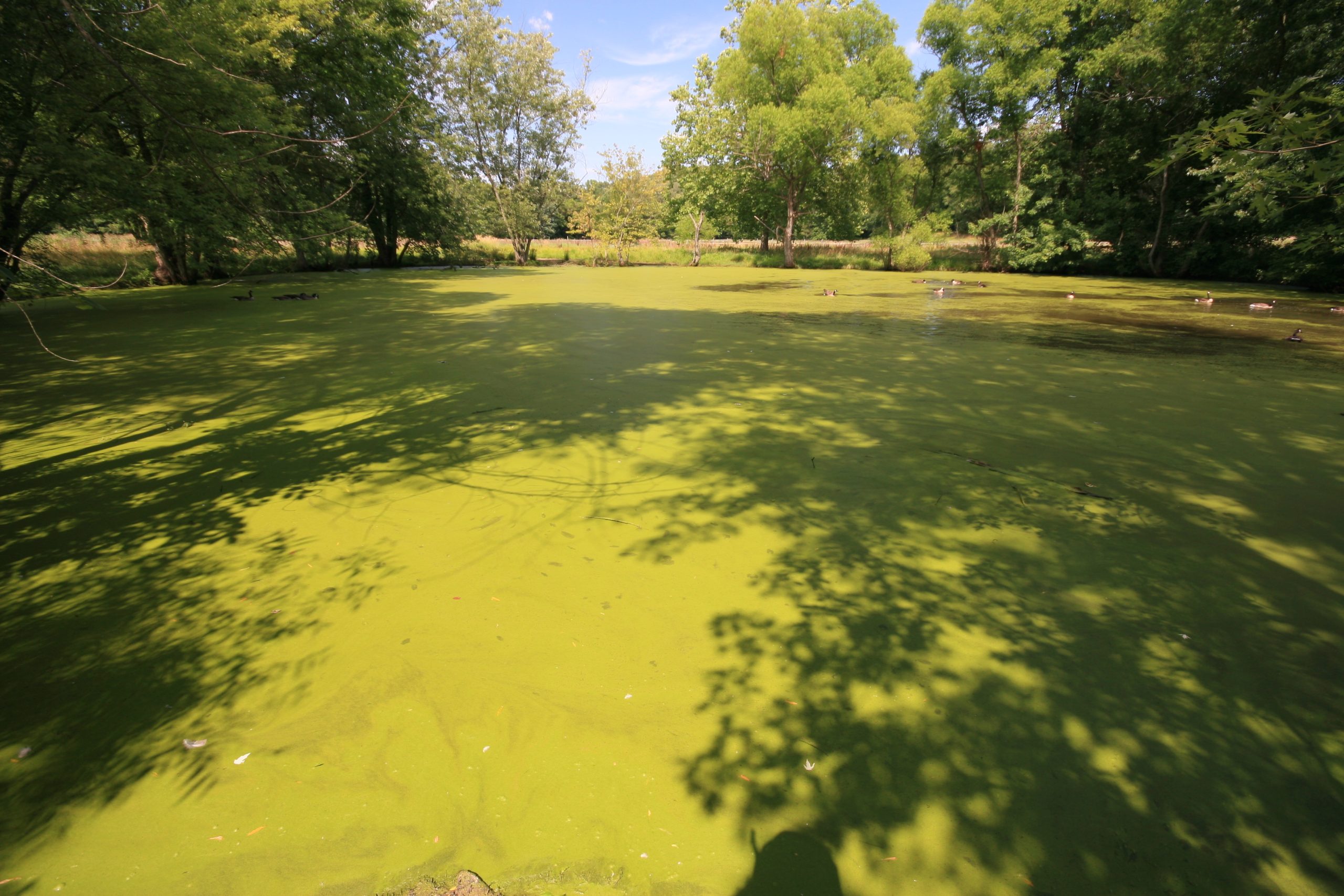
Harmful algal blooms (HABs) are a growing concern across the United States as they not only threaten animal and human health but also present serious economic threats to fishing, tourism, and other industries by making water unsafe for human and animal exposure or consumption. To help find solutions to control HABs, NCCOS is funding efforts to implement the US Harmful Algal Bloom Control Technology Incubator (US HAB-CTI).
This $7.5 million, 5-year project is a first-of-its-kind center designed to solicit, fund, research and develop commercially viable technologies to control HABs. The Incubator is being implemented as a partnership with the Institute of Marine and Environmental Technology at the University of Maryland Center of Environmental Science and the Mote Marine Laboratory, and was officially launched in fall 2022.
The new US HAB-CTI seeks to facilitate the development of technologies to control HABs on a national level. The Incubator will be giving away approximately $1 million per year over the next 5 years. Additionally, the initiative will offer an online clearinghouse to provide additional resources to funded projects including information on permitting, necessary contacts at the state and national levels, and relevant policies. Both IMET and Mote will provide research space, services and support at cost to test the resulting new technology’s ability to control HABs, and in the case of red tide, degrade or eliminate the toxin produced by the algae.
The US HAB-CTI recently finished its first request for proposals (RPF) cycle, and seven projects have been selected for funding. The funded projects will have 12 months to develop and test their proposed technologies. The next RFP will be released in spring 2024. Learn more.
